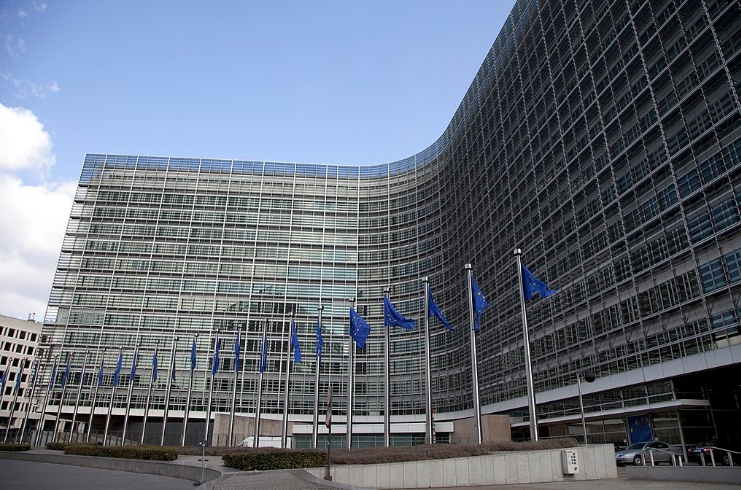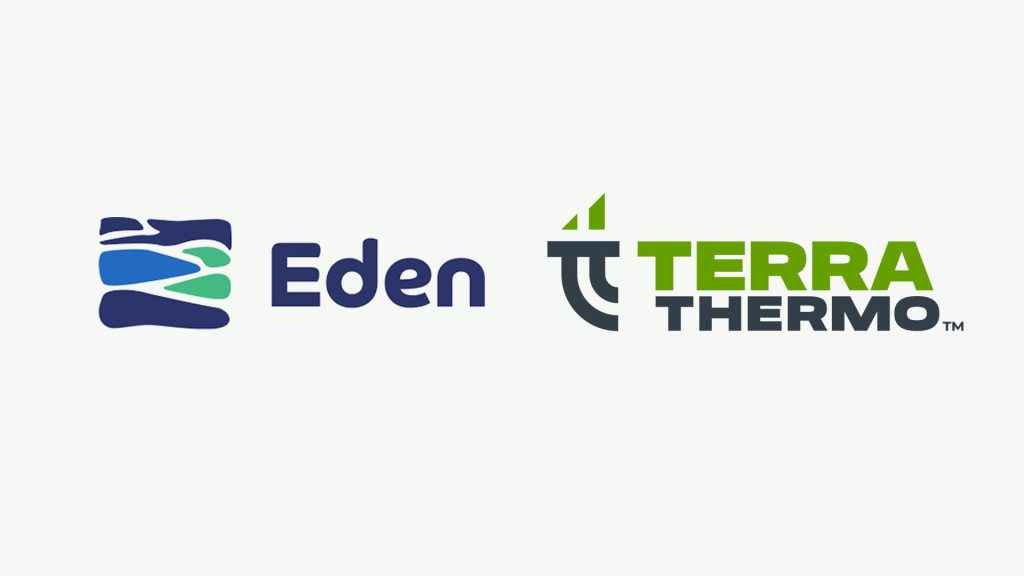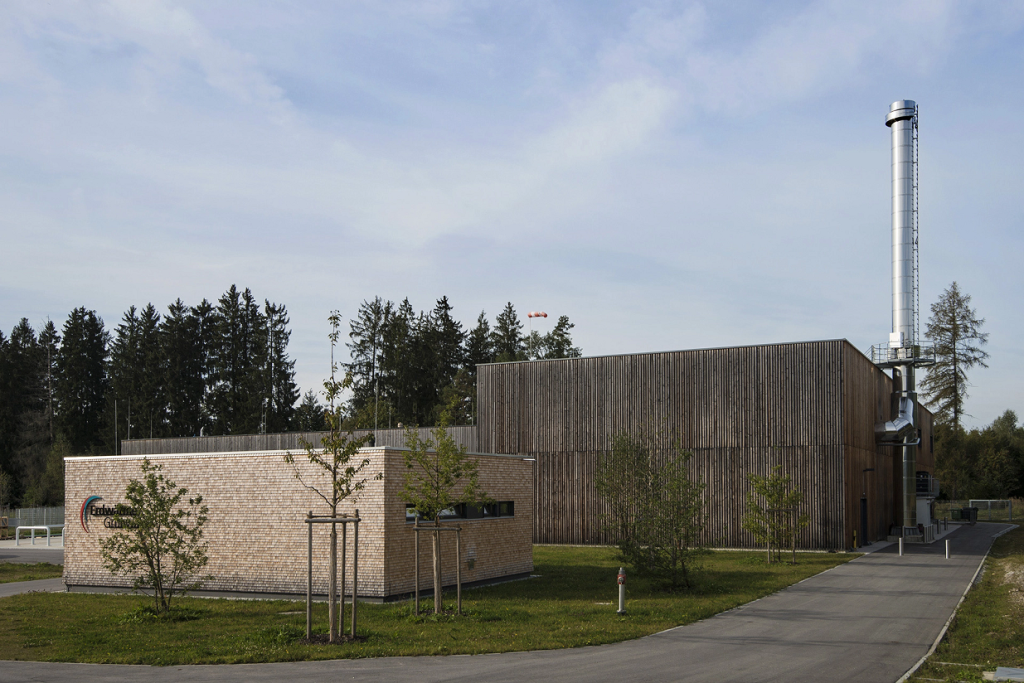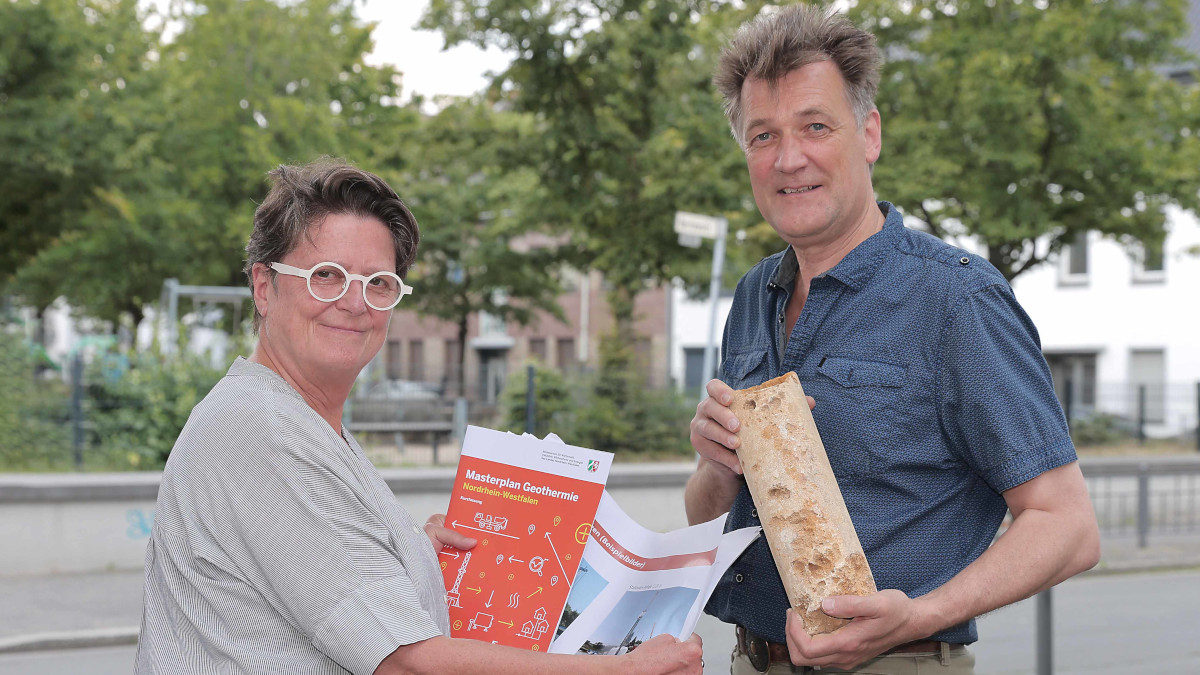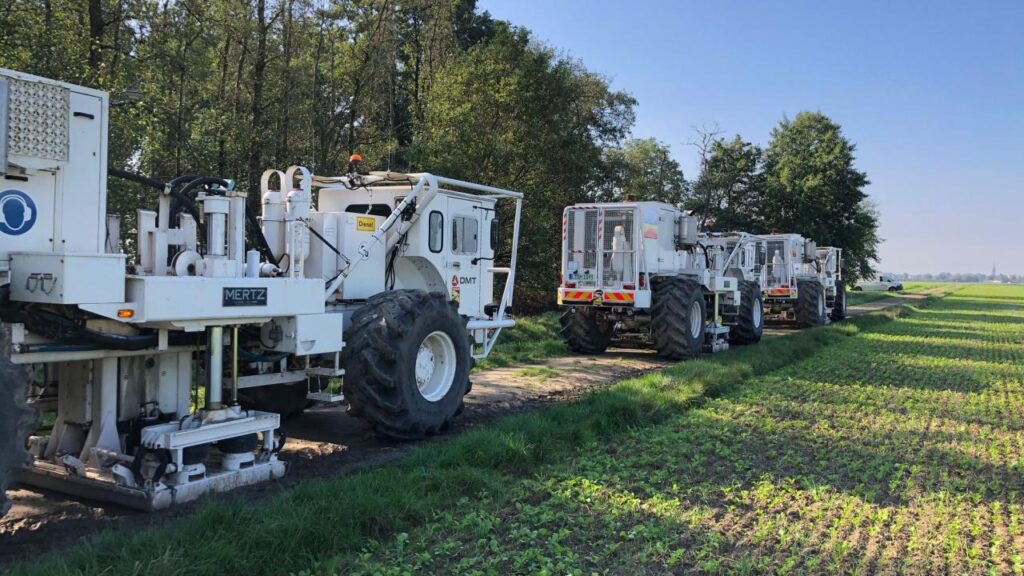
The project is being headed by the Geological Service of North Rhine-Westphalia, which had previously carried out similar campaigns on behalf of the state of NRW in Münsterland (2021), the Rhineland (2022) and the Lower Rhine (2023). The aim is for the local regions to plan and implement specific projects based on the data and for geothermal energy to be taken into account in municipal heat planning.
The measuring vehicles or vibro-trucks will travel more than 350 kilometers in East Westphalia-Lippe. The planned route for the measurements and more information on the project are available at the Geowärme NRW website. The findings of the measurement campaign will be made available free of charge and digitally.
“Geothermal energy is like a treasure beneath our feet: a safe, reliable and climate-neutral source of energy right on site. In North Rhine-Westphalia, we are unearthing this treasure and are making decisive progress in the heat transition. We have set ourselves the goal of covering up to 20 percent of heat demand with geothermal energy by 2045,” said Economics and Climate Protection Minister Mona Neubaur.
“The measurements now beginning in East Westphalia-Lippe are a first important step towards ambitiously advancing the use of medium-deep and deep geothermal energy in the region.”
“The subsoil in East Westphalia-Lippe is very complex, with several types of rock that could be suitable for geothermal use. After evaluating the data, we will know more precisely where, at what depth and in what thickness, for example, corresponding sandstones and limestones can be expected,” added Dr Ulrich Pahlke, Director of the Geological Service of North Rhine-Westphalia.
